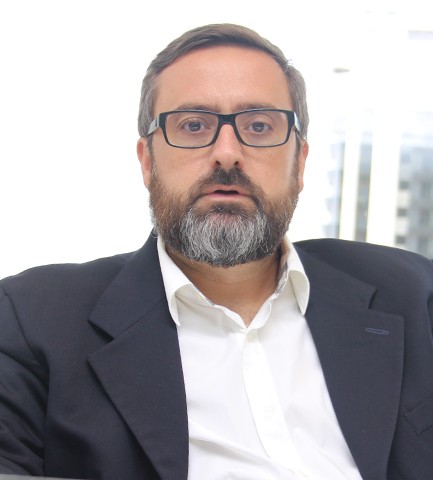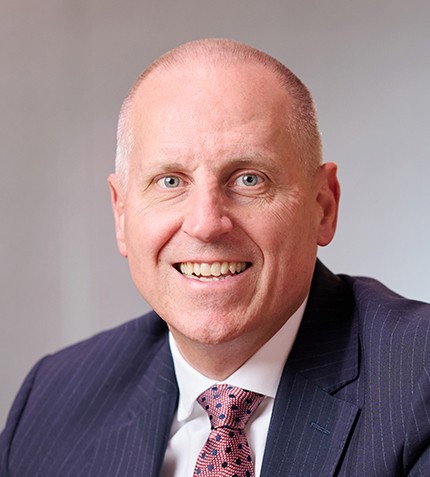
"Evonik can support industries in moving from a linear economy into a circular economy with the help of specialty chemicals."
Martín Toscano
PRESIDENT, EVONIK INDUSTRIES MEXICO
What are some of the standout opportunities Evonik has seen in Mexico in the last two years?
Evonik performed extremely well in 2021, on the back of significant growth in 2020. In the first year of the pandemic, our growth in Mexico was substantial under given circumstances, and more than in other places globally – a direct consequence of the minimally restrictive lockdowns Mexico implemented to support the local economy, especially the manufacturing value chains for regional and export markets.
Many companies have become interested in setting up shop in Mexico due to the US-Mexico-Canada Agreement (USMCA), as well as the European-Mexico free trade agreement. Furthermore, Mexico should benefit from the Biden administration’s new US$1 trillion stimulus package. The country has a competitive advantage in terms of logistics, labor costs are very competitive, and there is abundant young talent available.
To what extent have the supply chain and logistics issues that have characterized 2021 highlighted the importance of fostering stronger regional supply chains?
One of the key learnings from the global logistics disruptions has been the importance of developing local and regional supply chains. Evonik is fortunate to be part of a global group and a regional platform which gives us access to a significant number of manufacturing assets, allowing us to react fast to changing market dynamics. The world is not fully moving away from the globalization of markets, but it is moving towards stronger regionalization.
How much do you think government rhetoric impacts sentiment towards Mexico as an investment destination?
Today, Mexico is the 9th most favored destination for FDI in the world, whereas we were not in the top 10 before the pandemic. This is an illustration that, despite ongoing discussions and friction when it comes to the agenda of the government, Mexico remains an important investment destination.
Which of the industry segments that Evonik serves have suffered in Mexico in 2021?
The one that has struggled the most is the pharma industry. Not on a global basis, but in Mexico specifically. The new government regulations did not attain the desired results when it comes to medicines being acquired to support the national public health system. In fact, the regulations resulted in an even more inefficient value chain. All other industries we serve have recovered well and are on a positive trajectory, and I believe this growth will continue in 2022.
Why are specialty chemicals important in the transition to a circular economy?
One of the reasons Evonik continues to show significant growth is the company’s resilient and diverse portfolio of specialty chemicals. We play an important role in the market not only with the products we sell, but also with the solutions our products bring to the table in terms of new applications.
With specialty chemicals, you can find the solution to many challenges in several market segments and processes. For instance, Evonik has recently launched our pool of activities to support industries in moving from a linear economy into a circular economy with the help of specialty chemicals. The products we develop are not only beneficial from our own environmental footprint perspective, but also have a positive impact on the processes and technologies of our customers. We pride ourselves in that approximately 50% of the sales generated by our chemical segments come from products that make a measurable contribution to improving the resource efficiency of their applications.
Which initiatives is Evonik working on to foster talent and develop its workforce in Mexico?
Human capital is one of Evonik’s biggest assets, and therefore we continuously implement initiatives to develop talent. This is geared to recognize the potential of our employees at an early stage, develop them, and point out possible career paths within the company. A wide range of training and professional development programs are offered at segment, regional and site level to ensure that employees are well prepared and can build upon their skills. Key goals for employee development include personal responsibility, diversity, internationality, and entrepreneurship.
We see diversity as a key to corporate success. This means fostering creativity, trying out new things, and better understanding customer needs. As humans, we feel that we belong when we are part of a story. For Evonik, we try to create an environment where everyone can be part of our success story.










